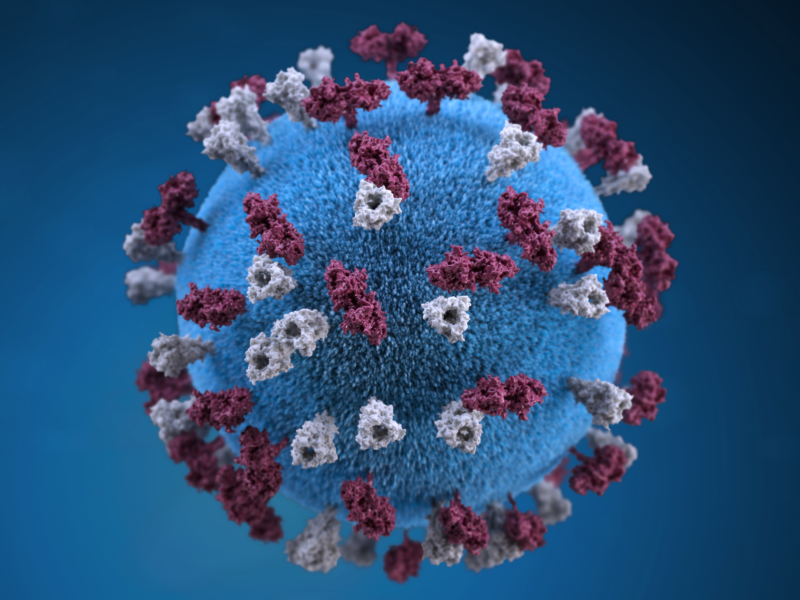A little-known but deadly disease is making its presence felt in the southwestern United States. Chagas disease, sometimes called the “silent killer,” has long been known in Central and South America but rarely diagnosed in the United States. Now, the number of cases is growing in Texas, while the bugs that carry the disease are turning up in Arizona and California.
All About Chagas
American trypanosomiasis, commonly called Chagas disease after the Brazilian physician who first identified it, is an infection by the parasite Trypanosoma cruzi. Kissing bugs, which spread the T. cruzi parasite to humans, are nocturnal bugs that earned their nickname for their predilection to bite humans around the mouth (or sometimes eyes) at night. Unfortunately for the sleeping human providing the nighttime meal, the bug is simultaneously depositing feces infected with T. cruzi on the skin. The human host later scratches the itchy bug-bite and inadvertently rubs the infected bug feces into the mouth or eye, introducing the parasite into his or her system.
Once infected, the human may experience initial symptoms like fever or swollen eyes. Often, the infection may be so mild that it is not noticeable- hence the name “silent killer.” If diagnosed, Chagas is quite treatable in this early stage. After four to eight weeks, the disease progresses into a chronic, asymptomatic stage that is much harder to diagnose. However, the parasite is not gone. It lies dormant in the body for years or even decades. Eventually, Chagas disease can lead to heart failure or digestive system disorders; both can result in death.
There is no vaccine for Chagas disease. Prevention efforts revolve around vector control (spraying with insecticide), house improvements (plastered walls, cement floors), and personal prevention (bednets).
Why Haven’t I Heard of Chagas Before?
Chagas belongs to a group of diseases known as neglected tropical diseases (NTDs); these conditions receive scant attention from the public and much less funding than AIDS, tuberculosis, or malaria. They include infections like yaws, leprosy, and dracunculiasis (guinea-worm disease). Combined, NTDs affect an estimated 1.4 billion people globally, but are practically unknown in the developed world.
Often related to substandard housing, poor sanitation, or limited access to clean water, NTDs are considered diseases of poverty. NTDs are unlikely to kill their victims (as an acute infection might), but instead lead to chronic illness and disability. They can make the host too sick to work, making it easy to fall further into poverty and nearly impossible to escape from it.
Chagas in the United States
A group of researchers led by Dr. Peter Hotez, of the Sabin Vaccine Institute and the National School of Tropical Medicine at Baylor College of Medicine, recently authored a paper on the disease burden of Chagas (among other NTDs) in Mexico and Texas. They cited an estimated 2-6 million cases in Mexico and possibly over 250,000 cases in Texas. These figures are not only disturbing due to their magnitude, but also serve as a wake-up call to the need for more research.
Indeed, evidence from another field shows that the number of Chagas cases may continue to grow. Lori Stevens, a biologist at the University of Vermont, collected samples from two species of kissing bugs from California and Arizona. The samples were tested for evidence of human blood and infection with T. cruzi. Over one-third of the sampled insects tested positive for human blood, meaning they had recently bitten a human. What's more, the infection rate with T. cruzi was high, at 55 percent for one of the species. None of the sample bugs tested positive for both human blood and T. cruzi infection, but the potential for transmission clearly exists.
Dr. Hotez’s paper calls for improved surveillance and research to properly address NTDs. The paper ends with the bold statement: “an all-out assault on the NTDs is necessary if we hope to achieve elimination of these ancient conditions in the coming decade.” With NTDs increasingly spreading in the Americas, the “all-out assault” is more needed than ever.

